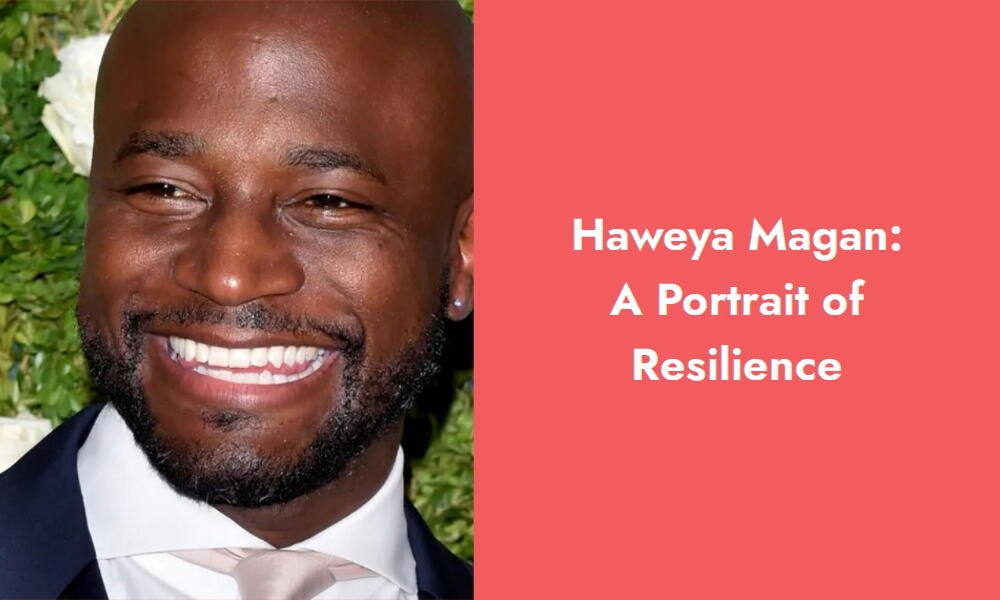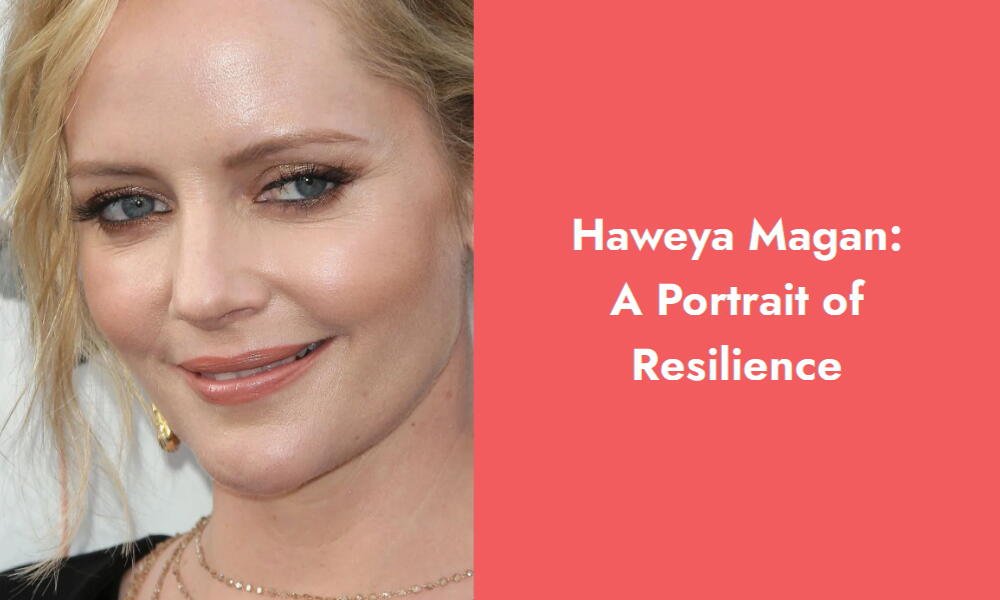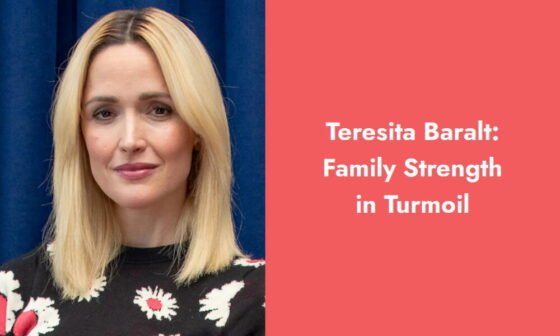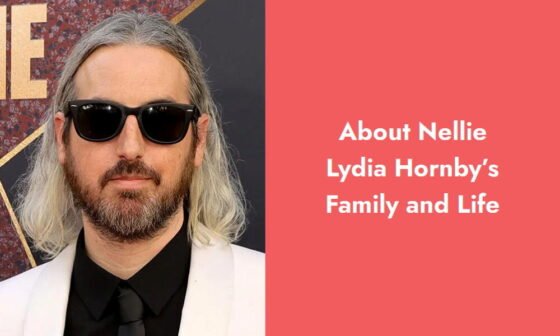The sister of activist Ayaan Hirsi Ali is Somali woman Haweya Magan, who had a difficult upbringing. Somalia’s political unrest influenced their family’s fate. This page discusses Haweya and her family’s life and contributions.
Early Life and Background
In 1960s Somalia, Haweya Magan was born into political turmoil. Her father, professor and political dissident Hirsi Magan Isse, opposed Siad Barre’s regime. Displacement and cultural practices affected the family’s lives.
| Name | Birth Year | Role | Notable Facts |
|---|---|---|---|
| Haweya Magan | 1960s | Sister of Ayaan Hirsi Ali | Grew up in a strict Islamic household. |
| Hirsi Magan Isse | 1935 | Father | Respected scholar and political dissident. |
| Ayaan Hirsi Ali | 1969 | Sister | Renowned activist and author, known for her memoirs. |
| Mahad Magan | 1970s | Brother | Less publicly known, faced struggles in exile. |
Life in Refugee Camps
After their father’s imprisonment and Somalia’s political turmoil, the family escaped to Saudi Arabia and subsequently Ethiopia’s refugee camps. Limited resources and terrible living conditions plagued these colonies.
| Location | Period | Living Conditions | Impact on Family |
|---|---|---|---|
| Saudi Arabia | 1970s | Overcrowded refugee camps | Gave rise to feelings of displacement and loss. |
| Ethiopia | Late 1970s | Poor sanitation and limited access to education | Compounded trauma and hardship for the children. |
| Kenya | Early 1980s | Tensions with local residents | Family faced prejudice and discrimination. |

Cultural Challenges and Practices
Both Haweya and Ayaan were raised in traditional Somali families and underwent cultural rites that shaped their lives. Female genital mutilation left significant psychological wounds and shaped their advocacy.
| Cultural Practice | Age | Description | Long-term Effects |
|---|---|---|---|
| Female Genital Mutilation (FGM) | 5 | A common practice in their community | Contributed to mental health struggles. |
| Traditional Gender Roles | Adolescence | Expected to adhere to strict social norms | Limited opportunities for personal development. |
Struggles and Loss
An illicit affair and abortion exacerbated Haweya Magan’s mental health issues. The strains of her family’s turbulent existence and cultural adjustment exacerbated these concerns.
| Challenge | Year | Details | Aftermath |
|---|---|---|---|
| Illicit Affair | Late 1990s | Resulted in significant personal turmoil | Led to a crisis in her mental health. |
| Family Abandonment | 1990s | Strained relationships within the family | Contributed to feelings of isolation and despair. |
| Death | 1998 | Tragically passed away at a young age | Left Ayaan Hirsi Ali to navigate her activism alone. |

Legacy of the Magan Family
The Magan family has shaped Somalia and Islamic women’s rights and cultural debates. Ayaan’s advocacy and writings continue to raise awareness about FGM and gender equality.
| Family Member | Contributions | Impact |
|---|---|---|
| Ayaan Hirsi Ali | Authorship and public speaking | Advocate for women’s rights and secularism. |
| Hirsi Magan Isse | Political dissent and activism | Paved the way for future generations to speak out. |
| Mahad Magan | Advocacy for Somali rights | Lesser-known work but important to family legacy. |
FAQ
Who was Haweya Magan?
Somali sister of Ayaan Hirsi Ali Haweya Magan had a difficult upbringing. Her life was full of hardships.
Familial background of Haweya Magan?
Born to political rebel Hirsi Magan Isse, Haweya grew up in a turbulent and culturally challenging atmosphere.
How did Haweya Magan’s life end?
Haweya died unexpectedly in 1998, leaving a tangled legacy tied to her sister Ayaan’s activities.
What impact did Magan family make on women’s rights?
Ayaan Hirsi Ali and the Magan family have championed women’s rights, particularly against female genital mutilation. They illuminated these global challenges with their experiences.






